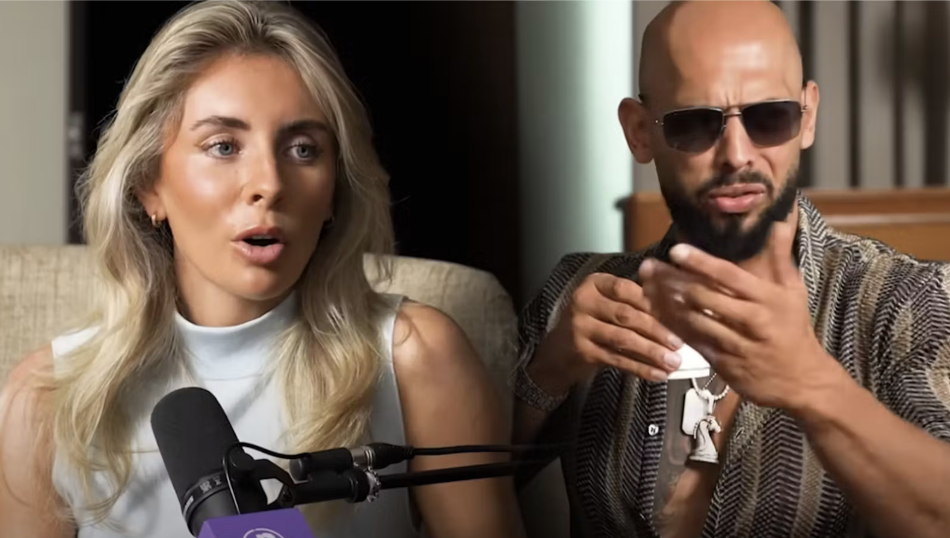Bonnie Blue: Queen of Taboo
Image Credit: RobMooreDisruptors via YouTube
Some pity her, some idolise her, over a thousand want to sleep with her, and others (including one Sheffield nightclub attendee) even want to punch her in the face. But one thing’s for sure: the Western world can't stop talking about Bonnie Blue.
In case you aren’t as chronically online as I am, Tia Billinger - stage name Bonnie Blue - is a pornographic content creator, who made headlines earlier this year with a particularly taboo Channel 4 documentary 1000 Men and Me: The Bonnie Blue Story, following the social media star’s viral challenge to sleep with 1000 men in 12 hours. Directed and narrated by Victoria Silver, the graphic hour-long special details Blue’s rise to fame, offering viewers a look behind the curtain at the life of a sexual showgirl.
Blue appears adamant that her line of work is a feminist act in and of itself, claiming
‘I use my body to empower me. I don’t let other people sexualise me, I sexualise myself.’ Yet many accuse her controversial content of ‘setting feminism back’. And so, the question remains: can Bonnie Blue fit into Fourth Wave Feminism? If so, where?
Sex work as an industry has always been a source of debate, towing the line between exploitative anti-feminism and empowering sex-positivity (an ethical dilemma explored by Stacey Clare in her book, The Ethical Stripper: Sex, Work and Labour Rights in the Night-Time Economy). What makes Blue’s content particularly controversial is her focus on “barely legal” young men, mostly virgins, who have only recently turned 18. In her viral content, she invites these “barely legal” men to have sex with her: content so controversial that even OnlyFans issued a permanent ban on Blue’s account, violating community guidelines by filming with amateur strangers rather than paid, professional sex workers. The implication is that her focus is predatory and exploitative. Blue and her team responded, arguing every person who is filmed in sex acts with her signs a consent form and shows legal ID.
One thing you are sure to notice if you watch Silver’s exposé is that Bonnie Blue is a walking contradiction. Although she claims to be ‘empowering’, she uses her social media platform to encourage infidelity, directly addressing ‘husbands’, and claiming she will do for them ‘what [their] wives should’ be doing. Blue has certainly mastered the art of ragebaiting - her team call her a ‘marketing genius’ - but what’s sure to make any feminist viewer squirm comes towards the end of the documentary. Blue excitedly announces she will be interviewed by notorious misogynist, and accused rapist and human trafficker, Andrew Tate, calling him ‘misunderstood’ and admitting she ‘would f*ck’ him.
Silver does well to evoke sympathy for Blue, as the influencer describes receiving hundreds of death threats daily, and expresses her fear of acid attacks should she venture outside. In this poignant shift of tone, it’s difficult for any humane individual to avoid feeling sympathy for Bonnie Blue. Putting her taboo persona aside, should it be controversial to empathise on a human level with a physically threatened woman?

